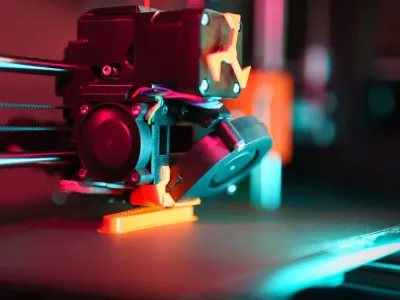
Image Source: pexels ABS plastic prototypes and regular ABS have different uses in making things. Prototypes made from ABS-like materials act like regular ABS. They are strong, resist impacts, and handle heat well. These are great for testing designs before making many copies. Regular ABS, however, is used in finished products because it is tough and flexible. The differences between them decide how they are used. For example: ABS-M30, a prototype material, is 70% stronger than regular ABS. This makes it good for testing strong structures. ABS-CF10, mixed with carbon fiber, is 50% stiffer than regular ABS. It works better…
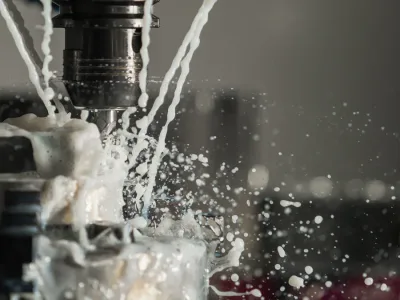
Image Source: pexels Choosing the right CNC machining prototype service is very important. It can greatly affect how successful your prototyping process is. The global market for these services is growing fast. It is expected to increase from $10.5 billion in 2023 to $25.7 billion by 2032. This shows that more people want quick and reliable solutions. Working with a good CNC machining prototype service gives you access to accurate tools. You also get skilled workers who make high-quality prototypes. This helps save both time and money. Whether you need one prototype or many, a trusted CNC machining prototype service…
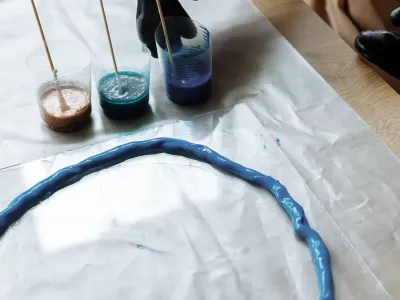
Urethane casting prototype Vacuum casting silicone mold is a meticulous process that ensures the creation of high-quality silicone molds. This technique utilizes reduced air pressure to eliminate bubbles, resulting in a smooth finish. It is particularly effective for testing ideas and producing small batches, as it captures intricate details with remarkable accuracy. The process involves placing mixed silicone in a vacuum chamber to remove air bubbles, which leads to a flawless surface. The steps include preparing materials, mixing and pouring the silicone, eliminating air bubbles, and allowing the mold to harden. This method enables you to produce vacuum casting silicone…
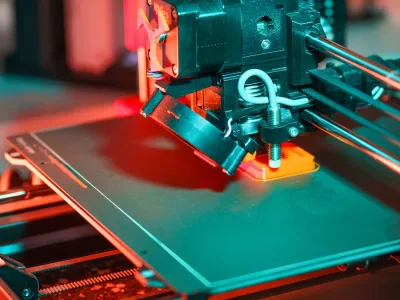
Urethane casting prototype Selecting the right silicone rapid prototyping manufacturers is crucial for the success of your project. Reliable manufacturers not only save time and money but also ensure top-notch quality. For instance, rapid prototyping can complete tasks in just 6 hours compared to the 14 hours traditional methods might take. Additionally, it is more cost-effective, as older vacuum molds can be four times more expensive. Beyond cost savings, trusted silicone rapid prototyping manufacturers focus on accuracy and material strength by thoroughly measuring errors and testing durability. Choosing the right manufacturer is key to achieving your project's goals. Key Takeaways…

Stanley Engineered Fastening delivers advanced fastening solutions for sectors like automotive, aerospace, and construction. This overview covers their innovative products and the engineering expertise that sets them apart. Key Takeaways Stanley Engineered Fastening provides innovative fastening solutions essential for various industries, enhancing efficiency, safety, and performance. The company tailors its products to meet specific industry needs, including automotive, aerospace, and construction, ensuring reliability and productivity. Stanley’s comprehensive support services and total system solutions streamline manufacturing processes, reduce complexity, and improve project outcomes. Revolutionizing Fastening and Assembly Technologies Stanley Engineered Fastening stands as a beacon of innovation and excellence within the…
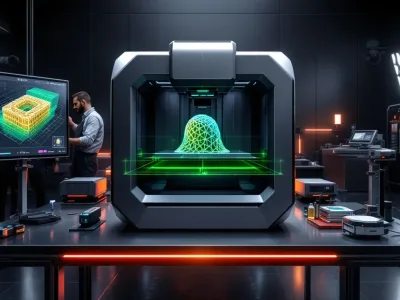
3D printing tolerances are crucial for ensuring your printed parts meet the desired dimensions and function as intended. Understanding and controlling these tolerances can significantly improve the accuracy and quality of your prints. This article explores what 3D printing tolerances are, why they matter, and how you can achieve precise results in your projects. Key Takeaways 3D printing tolerances are essential for ensuring dimensional accuracy and functional performance of printed parts, significantly impacting overall print quality. Factors influencing tolerances include material properties, printer calibration, and settings like layer thickness and print speed, which must be optimized for precision. Effective tolerance…
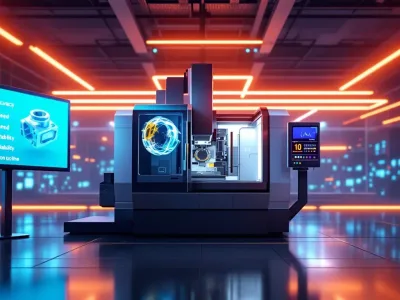
5-axis CNC machining services enable the creation of complex parts with high precision using advanced technology. This article explains what 5-axis machining is, why it’s beneficial, and what you should expect from these services. Key Takeaways 5-axis CNC machining offers superior precision and efficiency, enabling the production of intricate geometries and complex parts with fewer setups. The technology supports a wide variety of materials, including metals and plastics, making it versatile for applications across industries such as aerospace, automotive, and medical. Choosing a reliable 5-axis CNC machining service provider involves evaluating experience, customer satisfaction, and scalability to meet business production…
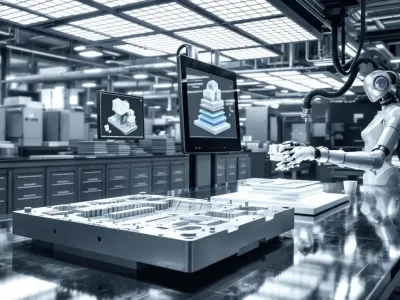
Choosing the right prototype tooling plastics is essential for efficient and cost-effective prototype production. This guide covers the top methods and materials to help you create high-quality prototypes quickly, including 3D printing, CNC machining, and injection molding. Key Takeaways Prototype tooling plastics enable rapid and cost-effective production of prototypes, facilitating early design validation and testing.Key methods for creating prototype tooling include 3D printing, CNC machining, and injection molding, each offering unique benefits for different prototyping needs.The benefits of using prototype tooling plastics include faster time to market, significant cost savings, and improved design validation, making them essential in various industries.…
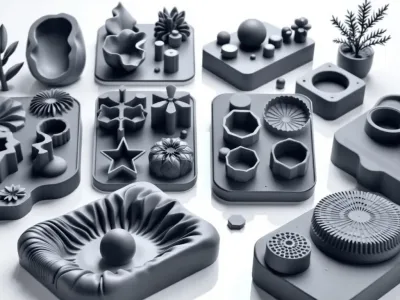
Selecting the right silicone rubber for mold-making is key to successful projects. Silicone rubber is flexible, durable, and easy to use, making it ideal for detailed molds. This guide details everything you need to know to make the best choice. Key Takeaways Selecting the right silicone rubber enhances mold quality. It emphasizes factors like flexibility, tear strength, and curing time for successful applications. A 1:1 mix ratio of silicone components simplifies the preparation process. It ensures consistent results while minimizing bubbles and imperfections. Fast-curing silicones facilitate quick production cycles. Their versatility allows for casting across various surfaces, making them essential…
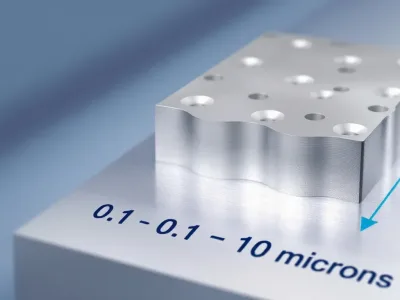
RMS surface finish quantifies the smoothness of a surface’s microscopic peaks and valleys. A lower RMS value indicates a smoother and higher-quality surface. This article explains what RMS surface finish is, its importance, and how to measure it. Key Takeaways RMS surface finish is a crucial measure of surface quality in manufacturing. It indicates smoother surfaces with lower roughness values compared to other metrics. Calculating RMS involves determining the square root of the average of the squared deviations from mean profile height. This offers a detailed analysis of surface texture. Various contact and non-contact methods exist for measuring RMS surface…
Want to convert your CAD design into a sample prototype or small-batch production? Upload your files and get a fast and accurate quote.
